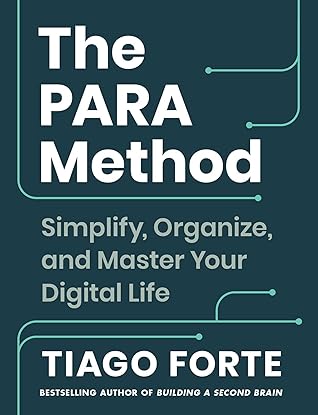More on this book
Community
Kindle Notes & Highlights
You have projects you’re actively working on—short-term efforts (whether in your work or personal life) that you take on with a certain goal in mind.
You have areas of responsibility—important parts of your work and life that require ongoing attention more broadly. These might include:
The system you use to organize information has to be so simple that it frees up your attention, instead of taking more of it. Your system must give you time, not take time.
Instead of organizing information according to broad subjects like in school, I advise you to organize it according to the projects and goals you are committed to right now.
What does our motivation depend on? Mostly, on making consistent progress. We can endure quite a bit of stress and frustration in the short term if we know it’s leading somewhere. Which brings us to our second problem: without a list of individual projects, you can’t connect your current efforts to your long-term goals.
When you break down your responsibilities into bite-size projects, you ensure that your project list is constantly turning over. This turnover creates a cadence of regular victories that you get to celebrate every time you successfully complete a project.
The key here is to realize that there is a big difference between things you are directly responsible for and things you are merely interested in.
decide how you want to order your life and work, and then ask how your tools can support that.


